Introduction to Space Medicine
Contact: vsevolod.peysakhovich@isae-supaero.fr
Universities involved:
- University of Toulouse
- MEDES – Institute for Space Medicine and Physiology
- ISAE-SUPAERO
- AGH University of Science and Technology
- Luleå University of Technology
Profile and prerequisites:
- Bachelor’s (year 3) or Master’s level.
- Technological background: students with scientific and/or engineering profiles with a specific interest in health and medicine.
- English level B2.
Teaching modalities: TBC
Student mobility: Not obligatory, but could be discussed if requested
Assessment modalities: TBC
The course is open to students from these universities: UT, AGH, LTU
Other universities: If requested. Any request must be addressed via the UNIVERSEH representative of the partner.
how to apply
Send a small “mail of motivation” to vsevolod.peysakhovich@isae-supaero.fr
Description:
This introduction to Spatial Medicine is designed for non-specialists and will offer an introduction to the space environment. It will subsequently provide an insight into space physiology and medicine, considering the impact of space flights on health and the associated adaptations and modifications of the human body (metabolism, bone and muscles, sleep, cells and molecules…).
It will also give an overview of the different types of health risks in space environments and possible solutions to monitor and solve health problems during space flights (use of medication, oral biology…). The different models for ground simulation of spaceflight effects will also be presented. Finally, it will help students better understand the link between Space, Medical technology, and Cognitive sciences.
Through an introduction to space applications for health on Earth, students will be involved in practical cases on how to collect health data in spaceflights and simulation experiments.
The course level and contents will be adapted according to the existing programmes in which it will be integrated (most probably Bachelor’s final year/Master 1 level), but a scientific background is required.
The objective is to offer this introductory course to future engineers or entrepreneurs who will work on space applications related to Health and Medicine and who need a global overview combining basic knowledge of medicine with the major issues and challenges regarding Health and Space.
Lecturers:
- Vsevolod Peysakhovich
- Anne Pavy-Le Traon
- Florent Destruhaut
- Safouane Hamdi
- Sara Laurencin
- Laure Boyer
- Claire Laurens
- Veronica Pereda-Loth
- Mateusz Daniol
- Jessica Körning-Ljungberg
Objectives:
- Understand basic principles of human biology and physiology
- Understand the challenges of human spaceflight in flight and on ground
- Understand the impacts of spaceflight on human body and associated challenges for medical care
- Interact with international experts in different domains with common interest in human spaceflight and medical care
Course Learning Outcomes: After completing the course, the students should be able to show basic ability to evaluate behavioural and biological attentional data.
